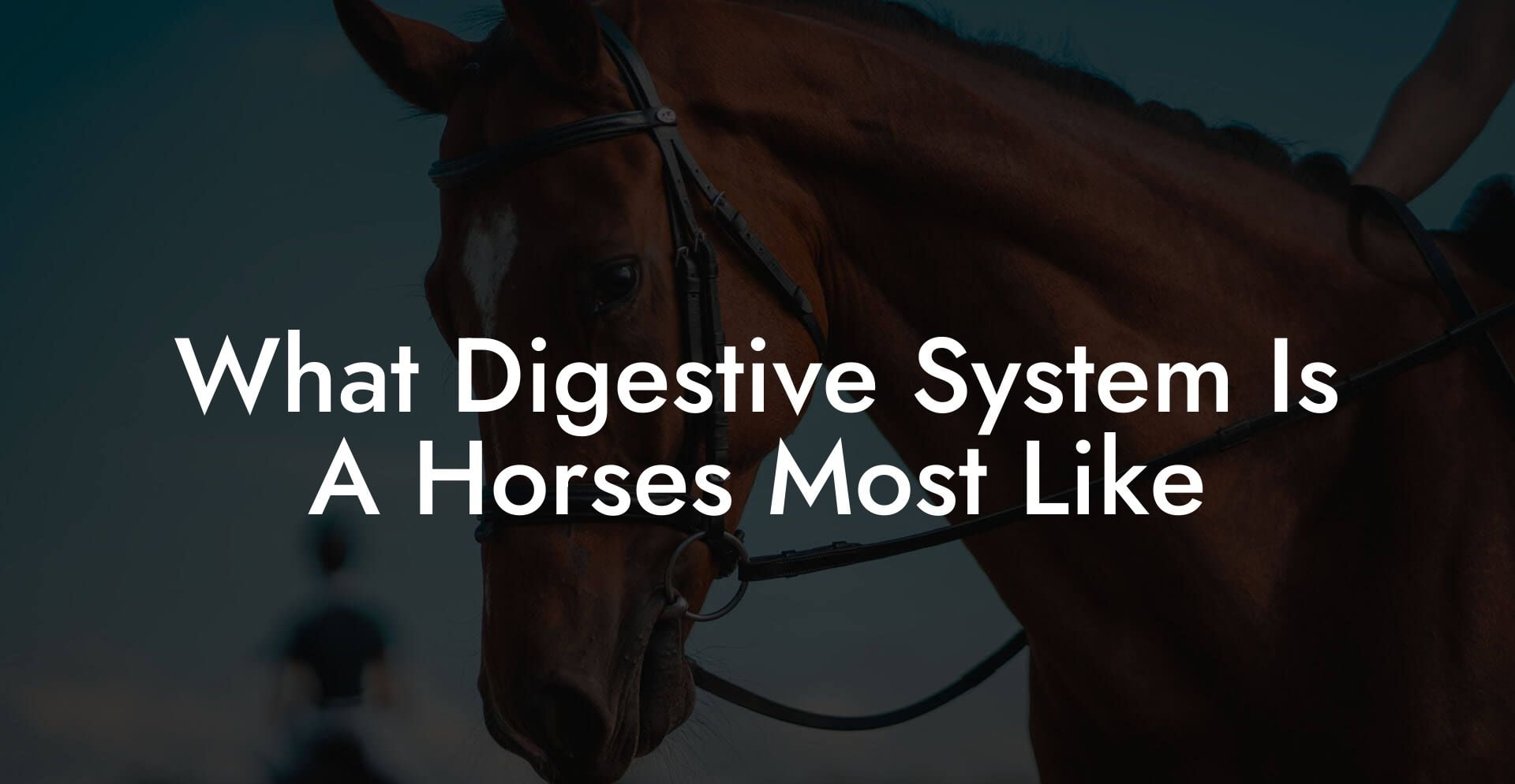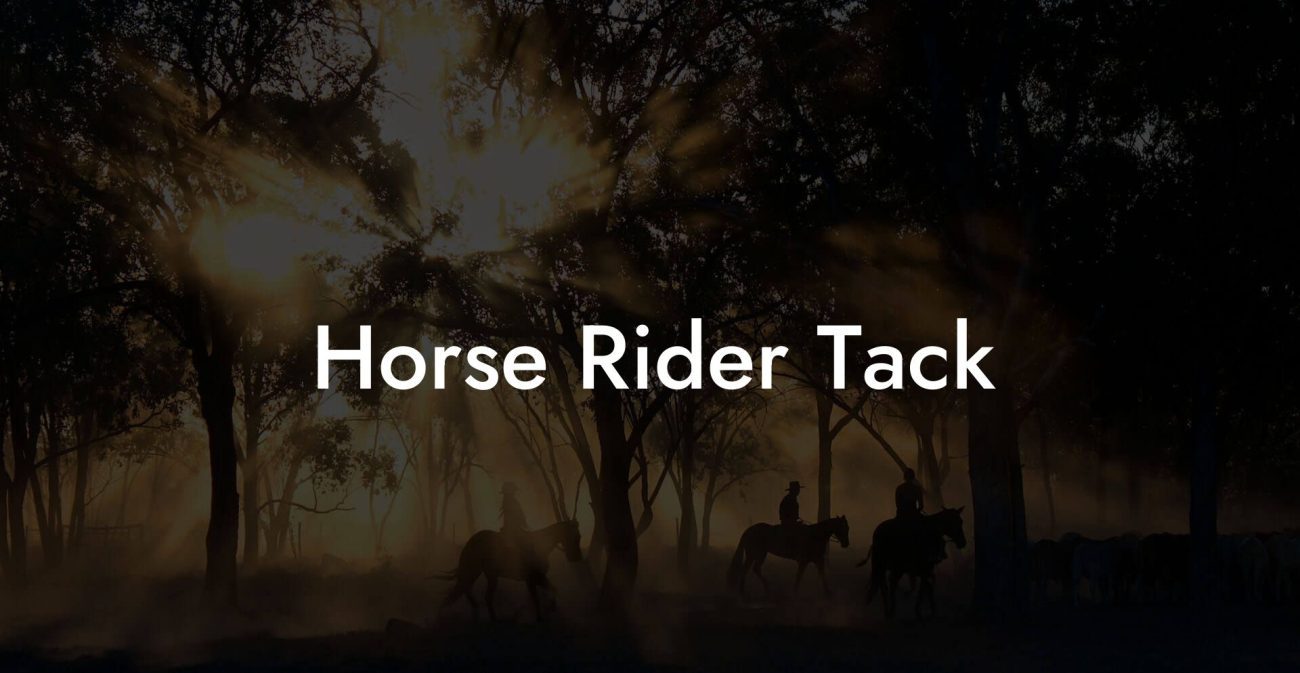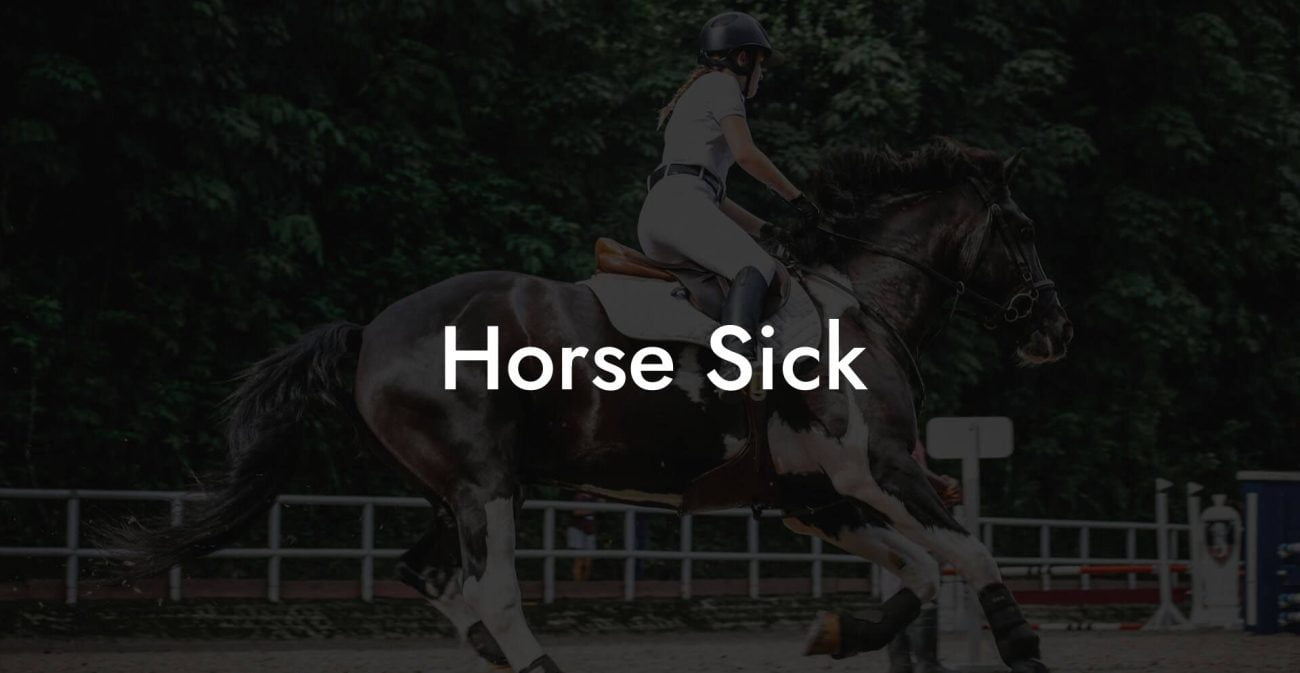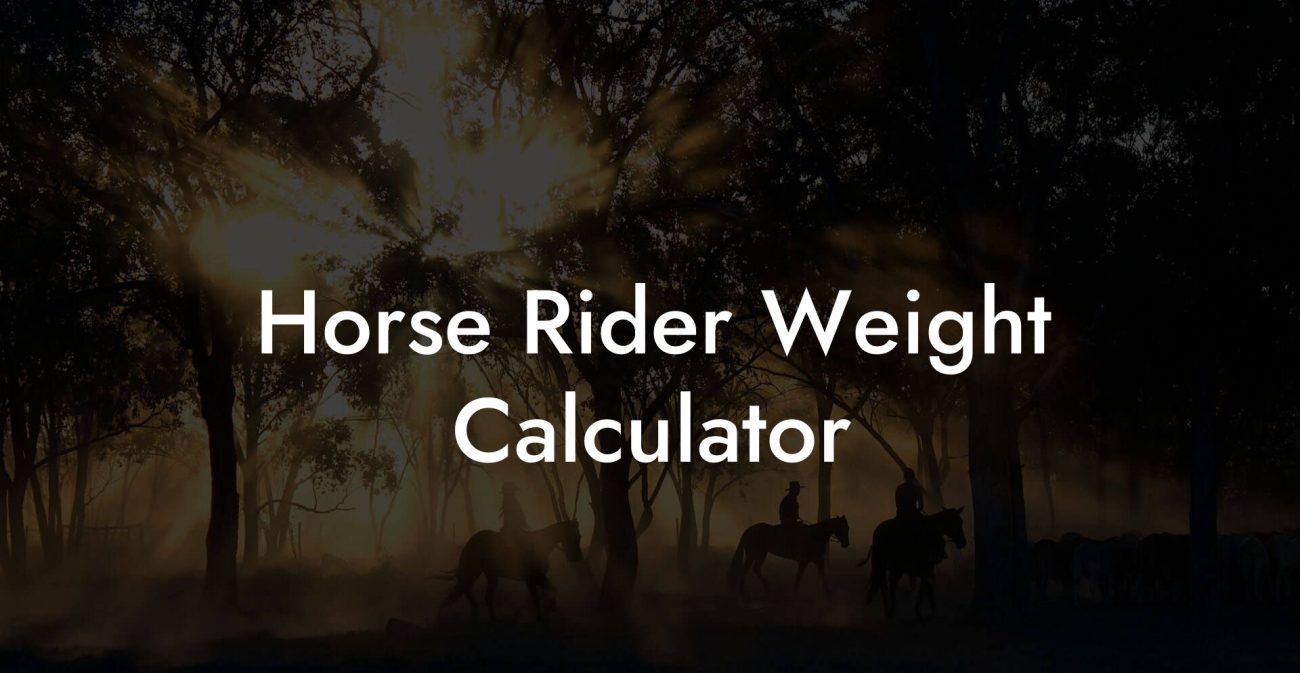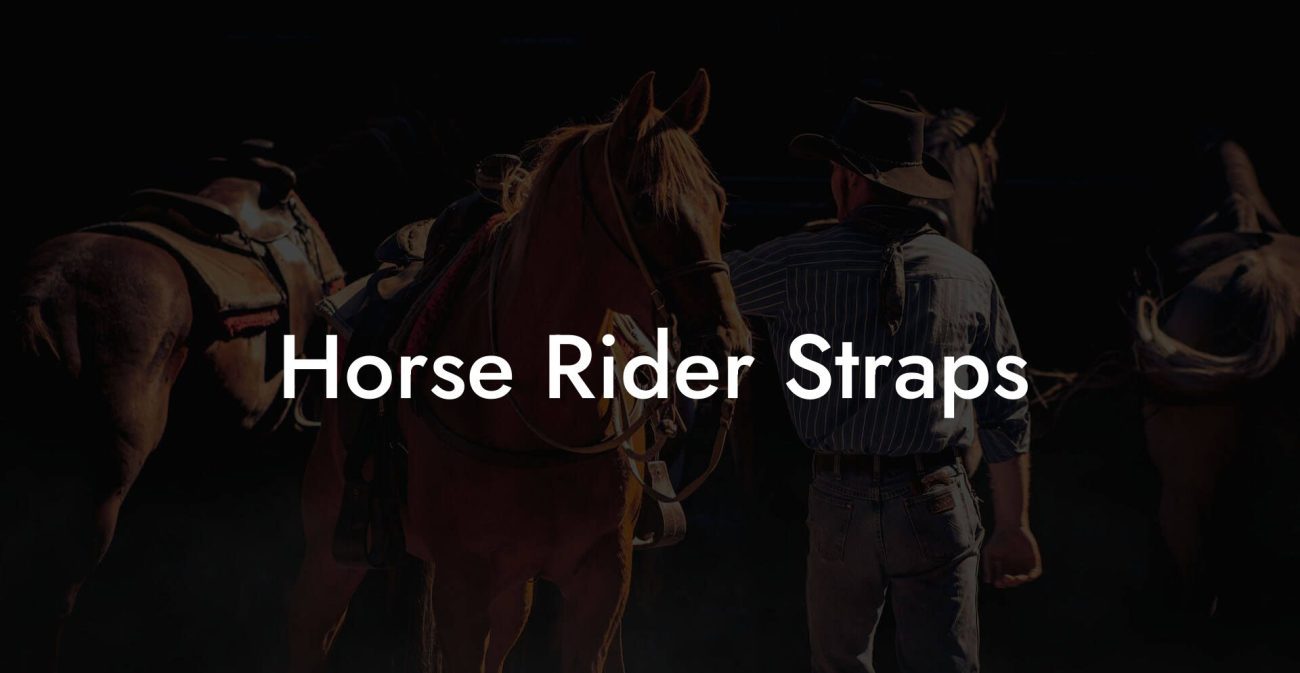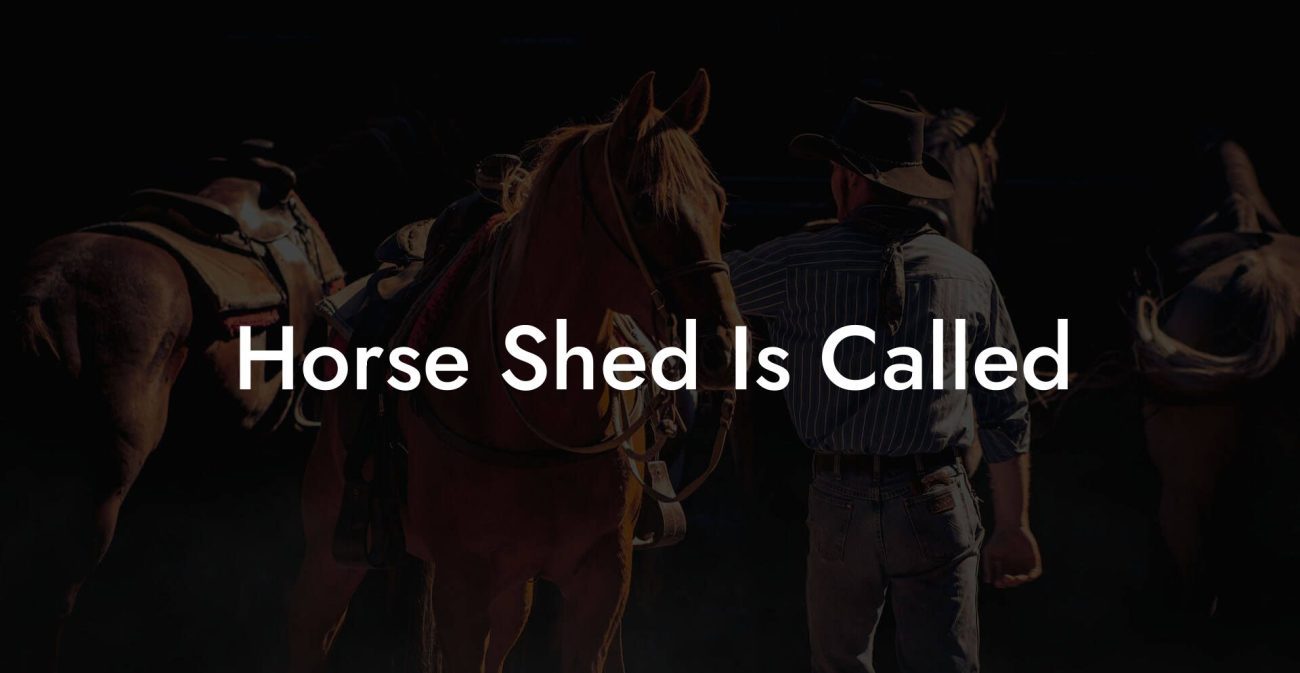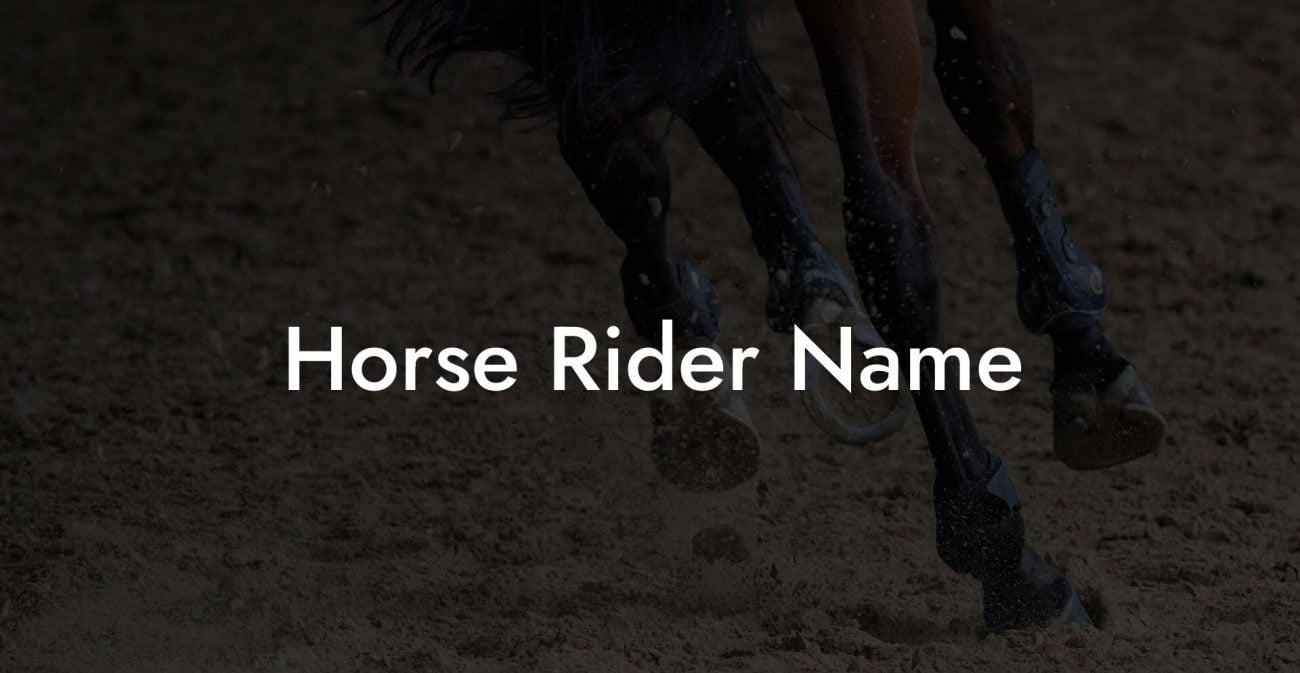Ever wondered what your favorite four-legged friend’s digestive system is most like, and why it matters for the way you care for them? Buckle up for a deep dive into the remarkable world of equine digestion, where science meets everyday practical care in a way that’s as fascinating as it is essential. From chowing down on fibrous hay to grazing on fresh pasture, the horse digestive system is uniquely designed for a life on the run, yet it remains marvelously complex and surprisingly similar to certain other digestive systems in the animal kingdom.
Quick Links to Useful Sections
- What Makes the Horse Digestive System Unique?
- Diving Deep: The Anatomy of a Horse's Digestive System
- How Does a Horse's Digestive System Compare to Other Animals?
- Caring for Your Horse's Digestive Health
- Common Digestive Issues in Horses and How to Prevent Them
- Expert Tips for Maintaining Equine Digestive Wellness
- How External Factors Influence Equine Digestion
- Resources and Community Support: Your Next Steps
- Equine Digestive Health Case Studies: Real-Life Insights
- Case Study 1: Taming the Unpredictable Colic
- Case Study 2: The Journey to Optimal Gut Flora
- Case Study 3: Seasonal Diet Shifts and Their Impact
- Your Journey to Optimal Equine Digestive Health
- Equine Digestive System FAQs: Your Questions Answered
- Your Journey to a Healthier, Happier Horse Begins Here
What Makes the Horse Digestive System Unique?
Horses aren’t your average grazing mammals. Their digestive system is meticulously evolved over millions of years, perfectly tailored to extract maximum nutrition from high-fiber diets. Unlike ruminants, think cows or sheep, whose multi-chambered stomachs ferment food before it reaches the intestines, horses are classified as non-ruminant, hindgut fermenters. This means that the magic of microbial fermentation primarily occurs in their large intestine and cecum.
At its core, the equine digestive system is all about speed and efficiency, ensuring that these majestic animals can process large volumes of fibrous material quickly. When you compare a horse’s digestive tract to that of other mammals, you’ll notice that while the overall function might be similar to other hindgut fermenters, the horse’s system is optimized for continual grazing and rapid throughput. This essentially keeps their digestive engine running smoothly during long days in the pasture.
What’s more, this unique design also comes with some caveats. A horse’s digestive tract is extremely sensitive to abrupt changes in diet or feeding routines. This delicate balance is why understanding what makes their digestion tick is critical, not only for minimizing risks like colic and laminitis but also for ensuring that your horse lives a healthy, vibrant life.
Diving Deep: The Anatomy of a Horse's Digestive System
To truly appreciate how a horse processes its food, we need to take a closer look at its digestive architecture. Starting at the mouth, the process begins with a set of specialized teeth built for grazing. Horses have a unique dental structure, with incisors to snip grass and molars for grinding it down. This constant chewing is the first line of defense in breaking down tough plant fibers.
Beyond the mouth, food journeys down a muscular esophagus, a robust tube designed to push boluses of chewed-up material toward the stomach. Unlike humans, horses have a relatively small stomach compared to their overall size. This small yet mighty organ is where some initial enzymatic digestion takes place. However, due to its limited capacity, horses are natural grazers who feed continuously throughout the day.
The real power of equine digestion emerges once food reaches the hindgut, comprising the large intestine and cecum. Here, a host of microbes take over, breaking down fibrous plant material through fermentation. This process not only releases essential nutrients but also produces volatile fatty acids that serve as a major energy source for horses. Understanding these stages, from mastication and enzymatic action to microbial fermentation, reveals just how finely tuned a horse’s digestive system truly is.
How Does a Horse's Digestive System Compare to Other Animals?
Comparing the equine digestive system to other animals opens up a fascinating dialogue about evolution and adaptation. Ruminants, like cattle, have a complex, multi-chambered stomach that pre-digests their plant-based diet through microbial fermentation before reaching the intestines. In contrast, horses rely solely on hindgut fermentation. This distinction is not just academic, it underpins key differences in how these animals should be fed and cared for.
When you line up a horse’s digestive tract alongside that of omnivores like humans, there’s a stark contrast in design and function. Humans are equipped with a single-chambered stomach that is well-suited for a mixed diet of animal and plant products, while horses are primed for a continuous intake of fibrous plant matter. This means that sudden dietary changes can wreak havoc on a horse’s digestion, while humans can often adapt more easily to varied diets.
Interestingly, if you consider other hindgut fermenters like rabbits or elephants, you’ll see similar digestive strategies at play. However, horses are unique in their constant need to graze and their reliance on a finely tuned balance of microbes in their hindgut. This evolutionary solution not only fuels their energy requirements but also highlights the importance of a stable, fiber-rich diet to maintain overall digestive health.
Caring for Your Horse's Digestive Health
The way we feed and care for horses is fundamentally linked to the intricacies of their digestive system. Understanding that horses thrive on small, frequent meals rather than a few large ones can transform the way you manage feeding routines. Continuous access to quality forage is key, whether that’s fresh pasture or high-quality hay, ensuring a steady fiber intake prevents digestive distress.
Meal timing and consistency rank high on the list of best practices for equine digestive health. Abrupt changes in diet are a recipe for disaster, potentially leading to colic, a painful, and sometimes life-threatening, digestive disturbance. Instead, if you need to switch feeds or introduce supplements, do so gradually over a period of days or even weeks. This slow transition allows the microbial population in the hindgut to adjust without triggering digestive imbalance.
Hydration is another pivotal piece of the puzzle. Horses that enjoy unlimited access to clean water are less likely to experience digestive issues, as water helps move food efficiently through the digestive tract. Pairing proper hydration with a balanced diet rich in fiber creates a foundation for vibrant health, ensuring that your horse not only grazes contentedly but also remains resilient against common digestive upsets.
Common Digestive Issues in Horses and How to Prevent Them
As any horse owner will tell you, even the most robust digestive system can sometimes hit a snag. One of the most common and dreaded issues is colic, a broad term that describes a range of gastrointestinal disturbances. Colic can manifest as anything from mild discomfort to severe, life-threatening pain. Early signs such as restlessness, sweating, and a lack of appetite should set off alarm bells for any vigilant equine caretaker.
In addition to colic, horses may suffer from other digestive problems such as gastric ulcers, impaction, and laminitis, a painful condition often linked to dietary mismanagement and inflammation. What ties these conditions together is the sensitivity of a horse’s digestive system to sudden changes and improper feeding practices. Ensuring a constant supply of high-fiber food, avoiding sugary treats in excess, and keeping stress levels low are crucial preventive measures.
Proactive measures are your best defense against these common digestive issues. Regular veterinary checks, accompanied by careful observation of your horse’s behavior and eating patterns, can help catch potential problems early. Equine digestive health is a delicate balance, and preventing issues before they escalate is as much an art as it is a science, an art that every modern horse owner must master.
Expert Tips for Maintaining Equine Digestive Wellness
Even if you’re a seasoned horse enthusiast, refreshingly practical tips can make a world of difference in maintaining your horse’s digestive system. Here are some expert insights to help optimize the health of your four-legged friend:
- Stick to a Routine: Horses are creatures of habit. A consistent feeding schedule minimizes stress and prevents overloading the stomach during mealtimes.
- Quality Over Quantity: Invest in good-quality hay and forage. A nutrient-rich diet fuels the microbial fermentation process in the cecum, optimizing energy extraction from every bite.
- Monitor Body Condition: Regularly assess your horse’s body condition. Sudden weight changes can be early signs of digestive distress or suboptimal nutrition.
- Avoid Overfeeding: Unlike ruminants that are built to store energy, horses are designed for constant grazing. Large, infrequent meals are a recipe for excess gas build-up and colic.
- Hydration is Key: Always ensure your horse has access to fresh, clean water. Proper hydration supports the smooth passage of food through the digestive tract.
Incorporating these tips into your daily routine can transform your horse’s digestive well-being. Think of it as fine-tuning an engine, small adjustments lead to a smoother, more efficient system that powers the vibrant life of your beloved equine companion.
Additionally, consider integrating dietary supplements, such as probiotics, which can help maintain a healthy balance of gut bacteria. These supplements, when used appropriately, can be particularly beneficial during times of dietary transition or stress.
How External Factors Influence Equine Digestion
While diet and feeding routines form the backbone of digestive health in horses, numerous external factors can sway the balance of their intricate system. Environmental stressors, from extreme weather to sudden changes in housing or pasture conditions, can disrupt the microbial harmony in the gut. For modern horse owners, understanding and mitigating these influences is essential.
Research has shown that horses subjected to high-stress environments, such as competitive events or lengthy transport, often exhibit a spike in digestive disturbances. The stress hormone cortisol can interfere with normal gut motility, compounding issues such as colic or gastric ulcers. Therefore, creating a calm and consistent environment, both in the stable and in the pasture, is as important as dietary management.
Equine digestion is also sensitive to sudden dietary shifts induced by seasonal changes. As the pasture transforms with the seasons, the nutrient composition of forage may vary, necessitating corresponding adjustments in supplementary feeds. In this way, aligning your horse’s diet with the rhythms of nature not only supports digestive health but also echoes the natural grazing patterns they evolved to embrace.
Resources and Community Support: Your Next Steps
Navigating the world of equine digestive health is as rewarding as it is complex. Luckily, you’re not alone in this journey. There’s a thriving community of horse owners, veterinarians, and equine nutrition experts ready to share their insights and support.
Consider joining local equestrian clubs or online forums dedicated to horse care. These communities are treasure troves of practical advice, from feed recommendations to first-hand experiences with digestive challenges. Engaging with fellow enthusiasts can provide personalized suggestions tailored to your horse’s specific needs.
In addition, numerous reputable resources are available to deepen your understanding of equine digestion. Look for trusted publications, veterinary associations, and equine nutritionists who offer up-to-date research and innovative care techniques. By tapping into these networks and informational hubs, you empower yourself with the knowledge necessary to make informed decisions that benefit your horse’s long-term digestive wellness.
Equine Digestive Health Case Studies: Real-Life Insights
Nothing brings theory to life like real-world examples of how careful management of equine digestive health can transform the quality of life for our horses. Let’s explore a few case studies that highlight successful strategies and the challenges overcome along the way.
Case Study 1: Taming the Unpredictable Colic
Bella, a spirited 12-year-old show jumper, had a history of intermittent colic episodes that would often sideline her training. After a deep dive into her feeding schedule and environment, her caretaker implemented a gradual feed transition plan, introduced probing hydration strategies, and even incorporated gentle probiotics. Over several months, Bella experienced a remarkable turnaround, fewer colic episodes, improved digestive function, and sustained performance in competitive arenas. This transformation underscored the power of consistency and attention to environmental stressors.
Case Study 2: The Journey to Optimal Gut Flora
Max, a gentle gelding with an otherwise unremarkable health history, began to show signs of digestive sluggishness and slight weight loss. His owner, concerned for his well-being, consulted an equine nutrition expert who recommended adding tailored probiotics and fiber-rich supplements to his diet. The microbial balance in Max’s hindgut was restored, leading to better nutrient absorption and renewed vitality. Max’s journey was a clear reminder that fostering a healthy gut flora is central to ensuring robust digestive efficiency.
Case Study 3: Seasonal Diet Shifts and Their Impact
During a particularly harsh winter, Luna’s caretakers noticed minor digestive discomfort as her diet shifted from fresh pasture to stored hay. Recognizing the seasonal change, they slowly supplemented her diet with a custom blend of vitamins and fiber additives to ease the transition. Luna adapted seamlessly, with no adverse digestive reactions, highlighting the importance of anticipating seasonal variations and adjusting diets accordingly.
These case studies provide tangible evidence that with attentive care, personalized nutrition, and a touch of community wisdom, it’s possible to navigate even the trickiest aspects of equine digestion. They serve as inspirations for horse owners everywhere, demonstrating that challenges can be overcome with the right blend of science, strategy, and heart.
Your Journey to Optimal Equine Digestive Health
The road to mastering your horse’s digestive health is paved with curiosity, dedication, and a willingness to learn from every grazing experience. By embracing a holistic view that integrates consistent feeding routines, environmental awareness, and community support, you set the stage for a thriving digestive system that powers every leap, gallop, and gentle canter.
Remember, every small improvement, be it optimizing water intake, fine-tuning dietary transitions, or connecting with fellow horse enthusiasts, adds up to big wins in your horse’s overall health. As you explore innovative approaches, stay informed through trusted resources, and absorb insights from those who share your passion, you’re building a future where your horse’s digestion isn’t just maintained but optimized.
Your journey to optimal equine digestive health is a continuous adventure, full of learning curves and gratifying breakthroughs. Embrace every step along the way, celebrate the progress, and know that every thoughtful change you implement paves the way for a healthier, happier horse.
Equine Digestive System FAQs: Your Questions Answered
Below are some frequently asked questions designed to address common concerns about the horse digestive system, feeding practices, and preventive measures for digestive issues.
1. What sets the horse digestive system apart from other animals?
Horses are non-ruminant, hindgut fermenters. This means they primarily rely on microbial fermentation in the cecum and large intestine to break down fiber, unlike ruminants who pre-digest food in a multi-chambered stomach.
2. How does a small stomach affect a horse’s digestion?
A horse’s small stomach means it is designed to graze continuously. This feeding pattern ensures that food is processed slowly and steadily, reducing the risk of overloading the digestive tract and preventing issues like colic.
3. Why are gradual feed transitions so important for horses?
Sudden changes in diet can disrupt the delicate microbial balance in the hindgut, leading to digestive disturbances such as colic or gas buildup. Gradual transitions allow the gut flora to adjust smoothly.
4. What common digestive issues do horses face?
Horses are particularly susceptible to problems such as colic, gastric ulcers, impaction, and laminitis if their diet and feeding routines are not managed properly.
5. How do probiotics support equine digestive health?
Probiotics help maintain a balanced population of gut bacteria, which is essential for effective fiber fermentation and overall digestive resilience.
6. How can I tell if my horse is experiencing digestive discomfort?
Signs such as restlessness, loss of appetite, sweating, and changes in manure consistency may indicate digestive issues. Prompt veterinary consultation is recommended if these symptoms persist.
7. Can environmental factors affect a horse’s digestion?
Yes, stressors like extreme weather, changes in pasture quality, or disruptions in the routine can impact digestive efficiency and lead to complications such as colic.
8. What role does hydration play in equine digestion?
Adequate hydration is critical as it helps move food through the digestive tract smoothly, aids in nutrient absorption, and prevents impaction.
9. How do seasonal changes impact my horse’s digestive system?
Seasonal variations can affect the nutrient content of forage. Adjusting your horse’s diet to compensate for these changes helps maintain digestive balance and overall health.
10. Where can I find more information on equine digestive health?
Trusted sources include equine veterinary associations, nutrition experts, and supportive online communities that offer practical advice and evidence-based research.
Your Journey to a Healthier, Happier Horse Begins Here
Embracing the complexities of a horse’s digestive system is not just about understanding anatomy, it’s about building a care routine that honors the natural design and resilience of these incredible animals. Every thoughtful feeding decision, every measured change in diet, and every moment spent learning from experts collectively empower you to champion your horse’s health.
With the right blend of science, community support, and proactive care, you can ensure that your horse’s digestive system remains robust, efficient, and ready to support a lifetime of activity in the field, ring, or trail. The voyage to optimal equine digestive health is one filled with continuous learning, adaptation, and passion.
So, step forward with confidence, armed with knowledge and a commitment to excellence in care. Your horse, and its remarkable digestive system, depend on you to keep every meal, every sip of water, and every grazing moment in perfect harmony. Cheers to a journey where every bite of hay and every refreshing gulp is a step towards a healthier, happier equine companion!

